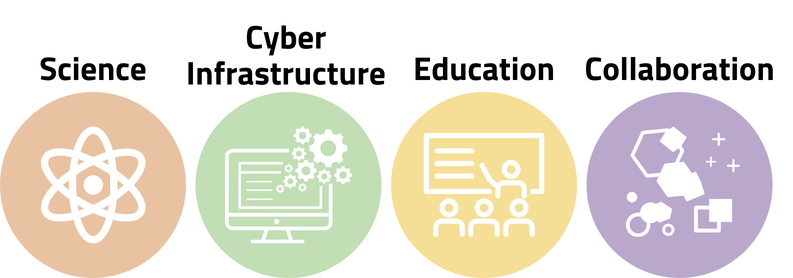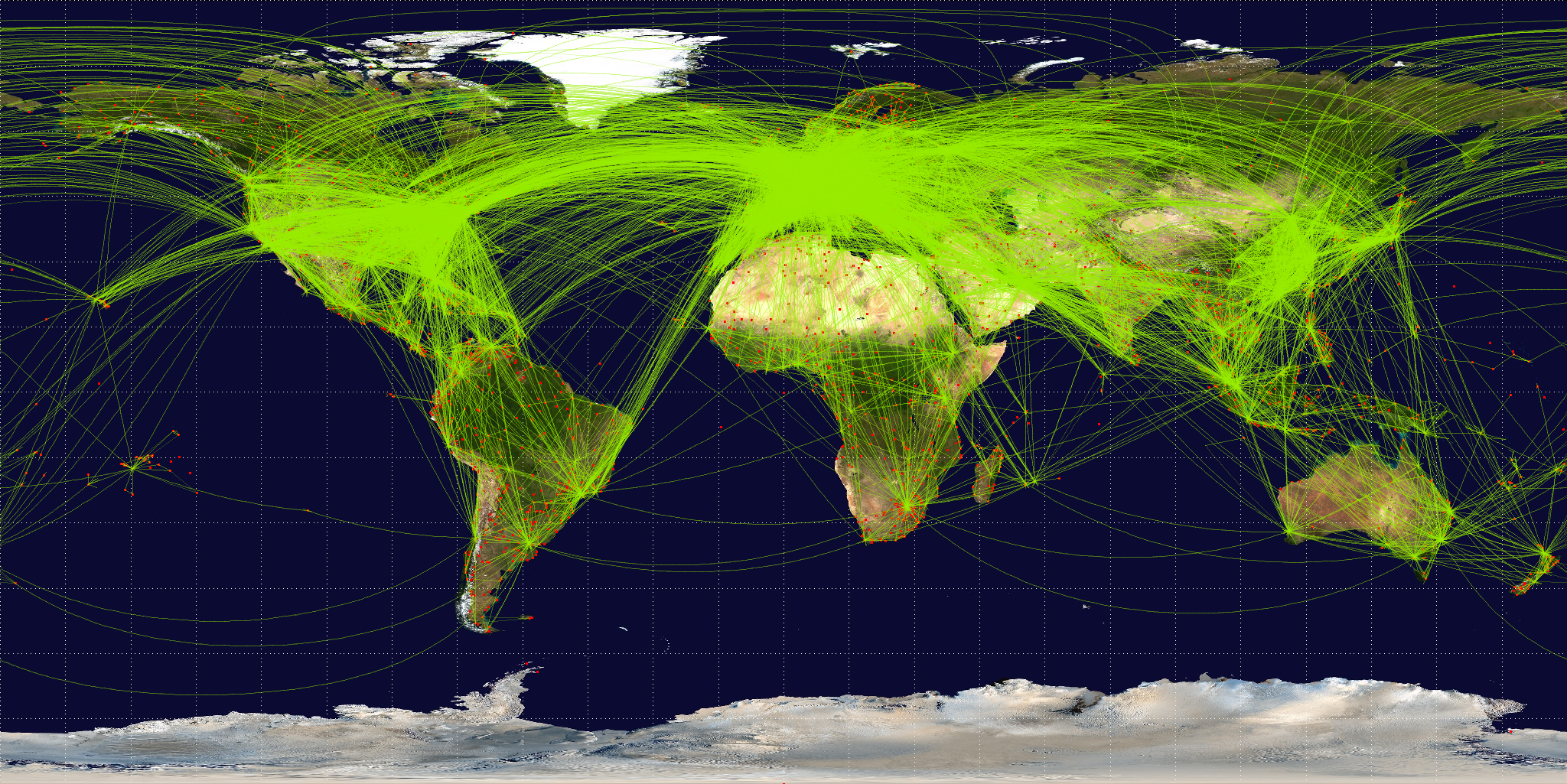Environmental Data Science Innovation & Inclusion Lab (ESIIL)
Environmental Data Science Innovation & Inclusion Lab (ESIIL)

Team Science
- ESIIL facilitates best practices in team science and conducts basic research on the correlates of scientific productivity and creativity within scientific teams.
- Incubator Working Groups, postdocs, and large-team collaborations generate new discoveries, and cross-sector partnerships catalyze use-inspired research through Innovation Summits and Earth Hackathons.
Analytics and Cyberinfrastructure
- ESIIL accelerates scientific inquiry by supporting community-developed and high-value software and data cubes that bridge, for example, ground, airborne, and satellite data from multiple observatories and platforms. These tools, curated datasets, and reproducible and reusable workflows are deployed on ESIIL’s open cyberinfrastructure.
- ESIIL’s open analysis and synthesis infrastructure for science (OASIS) lowers barriers to scientific collaboration through tailored user experience, seamless connection to critical data sources, and premier cloud computing.
- ESIIL’s AI-informed analytical approaches will rapidly accelerate EDS as a field, taking data synthesis to the next level.
Data Science Education & Training
- ESIIL’s education program facilitates access to environmental data science skills and helps develop the next-generation data-capable workforce.
- The ESIIL Network, a community of over 2,000 researchers and students, is a 21st-century team committed to generating data-inspired discoveries that enhance societal and ecosystem resilience.
- Training modules and an open textbook that introduces novel analytics for environmental data. By hosting open education resources on an existing learning portal (earthdatascience.org), with a following of over 200,000 users per month, ESIIL education scales to a global audience.
Community Building
- ESIIL collaborations include industry, government, and non-profit partners, facilitating the co-production of science that has environmental management, and technological applications. The National Ecological Observatory Network (NEON), Long Term Ecological Research (LTER) network, Ocean Observatories Initiative (OOI), the Critical Zone Collaborative Network (CZ Net), and others are strategic data partners.
- The ESIIL Stars internship program supports students and faculty members from partner institutions, providing data skills training, research experience, and career mentorship. Initial partners include Oglala Lakota College, United Tribes Technical College, and Metropolitan State University of Denver.
- The ESIIL Leaders program supports emerging scientists by fostering leadership skills in environmental data science and team science.
